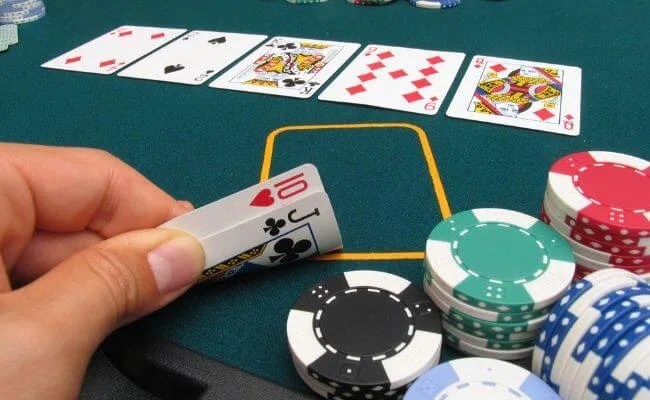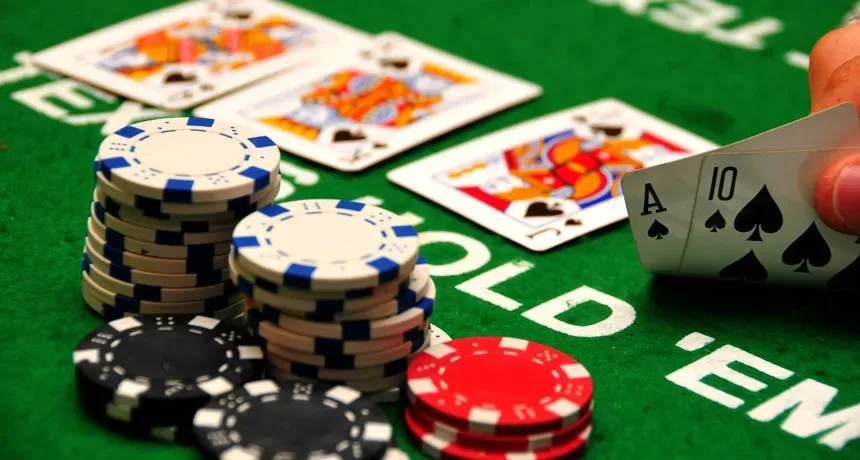
Draw Poker Guide: Everything You Need to Know
Draw Poker is a classic variation of poker, where players are dealt a complete hand before the first betting round, and then have the opportunity to improve it by drawing a certain number of new cards in subsequent rounds. This form of poker has deep roots in the history of card games, with its origins traced back to the early 19th century in the United States. Its popularity surged during the American Civil War, where soldiers played it as a pastime, and it became a staple in saloons and gambling halls of the Old West.
The game’s simplicity and the element of strategy involved in the draw phase appealed to many players, contributing to its widespread popularity. Over time, various forms of draw poker emerged, but the core mechanics remained the same. By the late 20th century, draw poker had been largely overshadowed by the rise of other poker variants like Texas Hold’em and Omaha, but it remains a beloved classic among poker enthusiasts and is often played in home games and certain online poker rooms.
Rules of the Game
The rules of draw poker are straightforward, making it accessible to new players while still providing depth for seasoned players. Typically, the game starts with a standard 52-card deck, and each player receives five cards, dealt face-down. A round of betting follows, where players can fold, call, or raise based on the strength of their hand. After the initial betting round, the remaining players can choose to discard a number of cards from their hand and draw new ones from the deck. This is the ‘draw’ phase, and it’s where the game’s strategy and skill come into play.
Once the draw phase is completed, a second round of betting ensues, followed by a showdown if more than one player remains. The player with the best five-card hand, according to traditional poker hand rankings, wins the pot. Draw poker variations may differ in the number of cards drawn or betting structures, but the fundamental gameplay revolves around improving your hand by drawing new cards.

Tips for Beginners
For beginners, mastering draw poker involves understanding the basic strategies and developing a keen sense of when to hold or draw. Here are some essential tips:
- Know Your Starting Hands: Focus on starting with strong hands. A pair or better is a good starting point, and if you don’t have a pair, consider folding to conserve chips.
- Watch Your Opponents: Pay attention to how many cards your opponents draw. If someone draws only one card, they may already have a strong hand. Use this information to adjust your betting strategy accordingly.
- Bet Aggressively When You Have a Strong Hand: Don’t be afraid to raise when you have a good hand after the draw. This can increase the pot size and put pressure on your opponents.
Are There Tournaments for This Game?
Yes, there are tournaments specifically for draw poker, though they are less common than those for other poker variants like Texas Hold’em. These tournaments are usually found in niche online poker platforms or organized in private settings. Draw poker tournaments follow a similar structure to other poker tournaments, with players buying in for a set amount and receiving tournament chips. The game progresses through several rounds, with the blinds or antes increasing over time, until a single player has all the chips.
Some casinos and poker rooms occasionally offer draw poker tournaments, especially during special events or as part of a mixed game tournament. These tournaments attract players who appreciate the strategic depth of draw poker and the different skills it requires compared to more mainstream poker games. For those looking to participate, it’s advisable to check with local casinos or online poker platforms that specialize in a variety of poker games.
Draw poker remains an integral part of the rich tapestry of poker games, offering a blend of simplicity and strategic complexity that appeals to both beginners and experienced players. Whether you’re playing for fun with friends or competing in a serious tournament, understanding the fundamentals of draw poker will enhance your experience and improve your chances of success. With the right mix of skill, strategy, and a bit of luck, draw poker can be a rewarding and enjoyable game.
